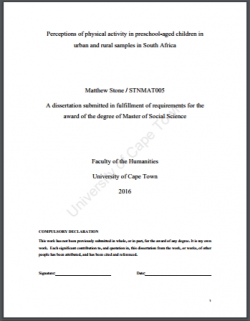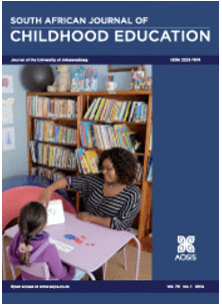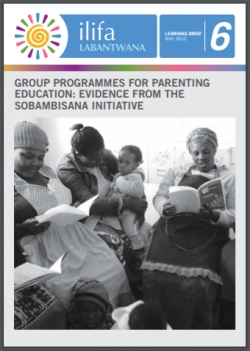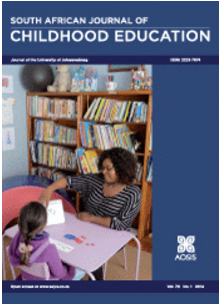PLoS One 11(8): e0147746 Relationships between parental education and overweight with childhood overweight and physical activity in 9 - 11 year old children : results from a 12-country study
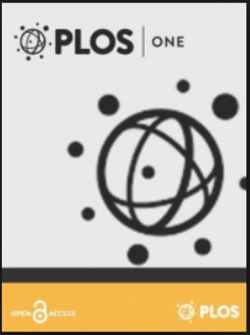
Type
E-Journal
Authors
ISSN
19326203
Category
ECCE, Foundation, Intermediate
[ Browse Items ]
Publisher
Public Library of Science, San Francisco, CA, United States
URL
[ private ]
Pages
14 p.
Subject
Early childhood development, Children, Obesity, Parents, Parental education, Physical activity, Household co-existence, International perspectives
Tags
Series Name
Abstract
BACKGROUND: Globally, the high prevalence of overweight and low levels of physical activity among children has serious implications for morbidity and premature mortality in adulthood. Various parental factors are associated with childhood overweight and physical activity. The objective of this paper was to investigate relationships between parental education or overweight, and (i) child overweight, (ii) child physical activity, and (iii) explore household coexistence of overweight, in a large international sample. METHODS: Data were collected from 4752 children (9-11 years) as part of the International Study of Childhood Obesity, Lifestyle and the Environment in 12 countries around the world. Physical activity of participating children was assessed by accelerometry, and body weight directly measured. Questionnaires were used to collect parents' education level, weight, and height. RESULTS: Maternal and paternal overweight were positively associated with child overweight. Higher household coexistence of parent-child overweight was observed among overweight children compared to the total sample. There was a positive relationship between maternal education and child overweight in Colombia 1.90 (1.23-2.94) [ odds ratio (confidence interval) ] and Kenya 4.80 (2.21-10.43), and a negative relationship between paternal education and child overweight in Brazil 0.55 (0.33-0.92) and the USA 0.54 (0.33-0.88). Maternal education was negatively associated with children meeting physical activity guidelines in Colombia 0.53 (0.33-0.85), Kenya 0.35 (0.19-0.63), and Portugal 0.54 (0.31-0.96). CONCLUSIONS: Results are aligned with previous studies showing positive associations between parental and child overweight in all countries, and positive relationships between parental education and child overweight or negative associations between parental education and child physical activity in lower economic status countries. Relationships between maternal and paternal education and child weight status and physical activity appear to be related to the developmental stage of different countries. Given these varied relationships, it is crucial to further explore familial factors when investigating child overweight and physical activity.
Description
Article
Number of Copies
1
| Library | Accession No | Call No | Copy No | Edition | Location | Availability |
|---|---|---|---|---|---|---|
| Main | 891 | 1 | Yes |

